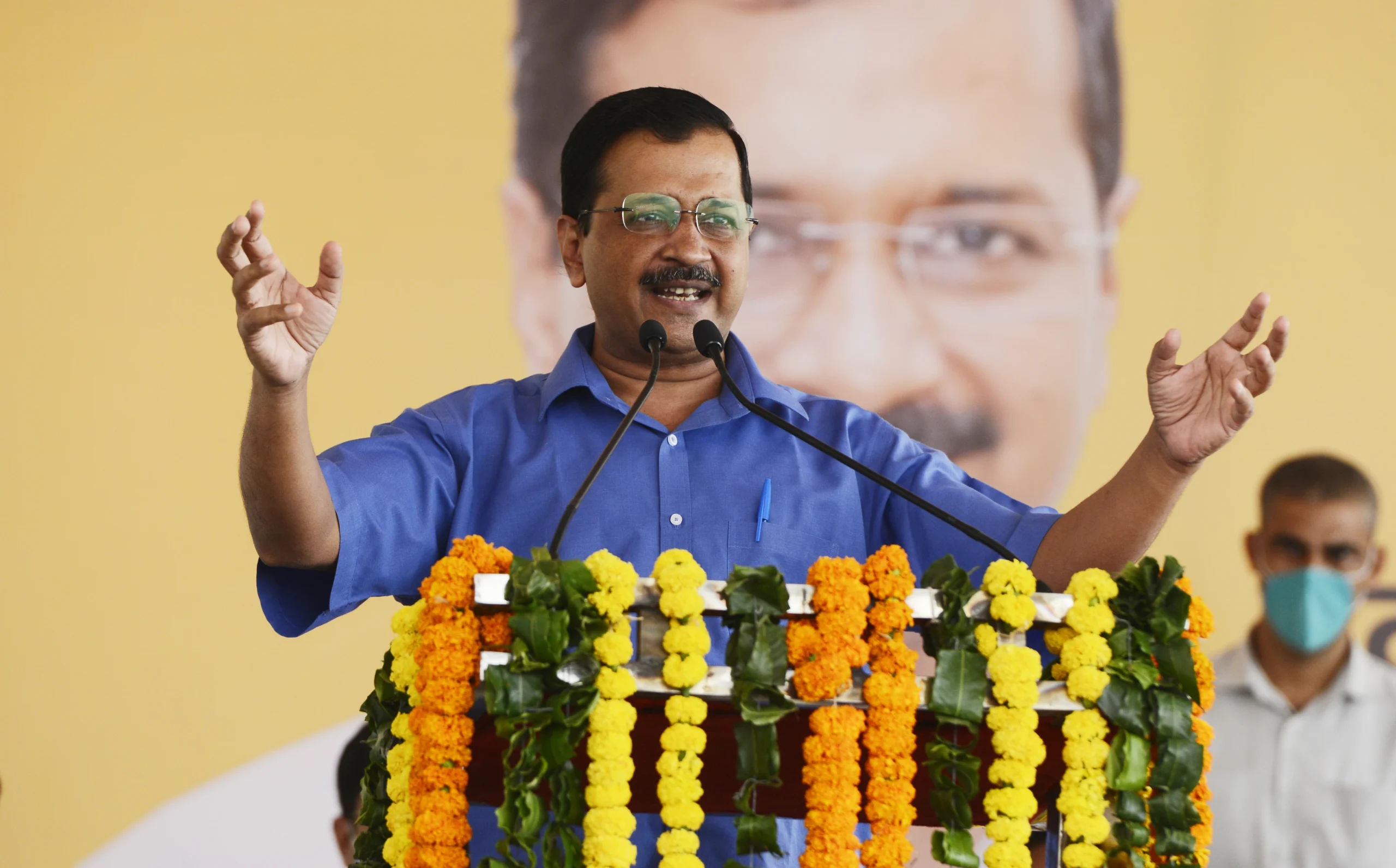Trisha Ghosh, Pune
The Supreme Court on Friday granted bail to Delhi Chief Minister Arvind Kejriwal for the excise policy case. Earlier, Kejriwal had submitted a plea for bail and raised questions regarding his arrest by the Central Bureau of Investigation (CBI). The verdict, initially expected to be announced on 5th September, was given on the 13th instead. The SC has stated that Kejriwal has met the triple conditions for being given bail.
Kejriwal was arrested in March earlier this year by the Enforcement Directorate (ED) for allegedly being part of a corrupt scheme of money laundering in an excise policy case in Delhi in 2021. As per the ED, Kejriwal’s Aam Aadmi Party (AAP) received an illicit amount of up to Rs. 100 crore for the finalising of this policy and was suspected of utilising the funds for its election campaign in Goa. The CBI arrested the CM on 26th June this year, while he was still in custody of the ED.
On 13th September, the verdict of the bail was announced 10:30 am onwards by Justice Surya Kant and Justice Ujjal Bhuyan. Justice Kant rejected the CM’s plea against the CBI arrest, but framed three questions in the case that would determine the final decision. The first was whether Kejriwal’s arrest was illegal; second being whether he should be permitted regular bail; and the third questioned whether the charge sheet filed stated that he was required to go to a trial court only. He further emphasised the issues of ‘liberty’ and ‘speedy justice’.
While Justice Kant determined that the CBI arrest was legal, Justice Bhuyan disagreed, saying that the arrest was merely to counter the bail granted for the ED case. He further questioned the timing of the CBI’s arrest, stating that they only conducted the arrest 22 months later, that too after bail was granted in the case of the ED. As per Justice Bhuyan, the CBI cannot continue detaining the CM or try to justify the arrest on grounds of vague responses by Kejriwal.
He states that non-cooperation on Kejriwal’s part could not have been permitted to be taken as incriminating the self; consequently, he termed the arrest ‘impermissible’, saying that while bail is the general rule, imprisonment is the exception. He called for courts to be strongly mindful of not turning due process and trials into a form of punishment itself.
Kejriwal is to be granted bail with a bond of Rs. 10 lakh. He is also not permitted to publicly comment on the case.
The CM’s wife Sunita Kejriwal has expressed great joy at the news, as have others, including Member of the Delhi Legislative Assembly Manish Sisodia and Sanjay Singh, member of the Rajya Sabha from the AAP. Singh criticised the Modi government for allegedly attempting to continue building lies about the CM and AAP. He further remarked that Kejriwal has brought India’s ‘dictator’ to heel and that they will reunite soon for the assembly elections in Delhi and Haryana.
